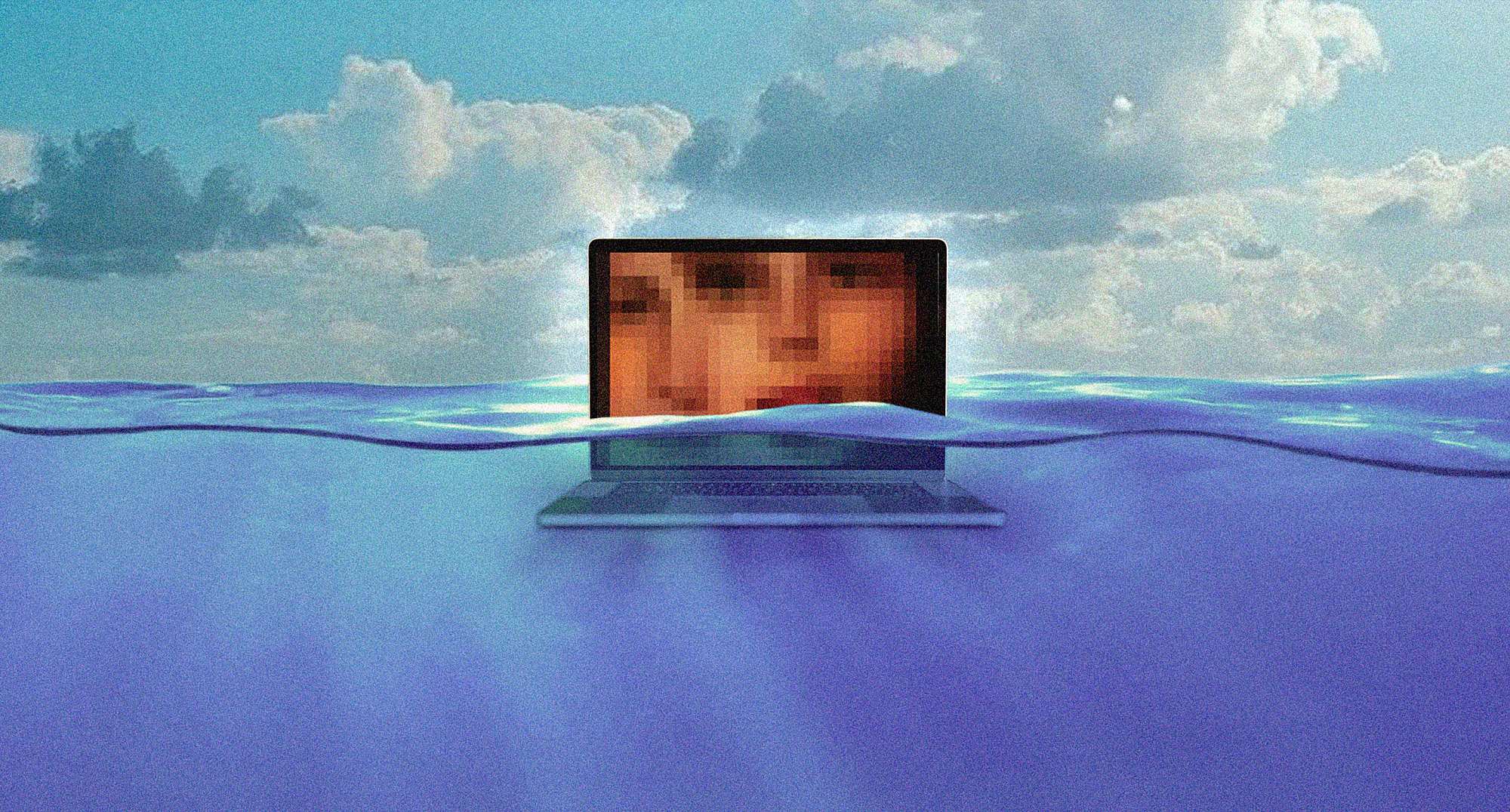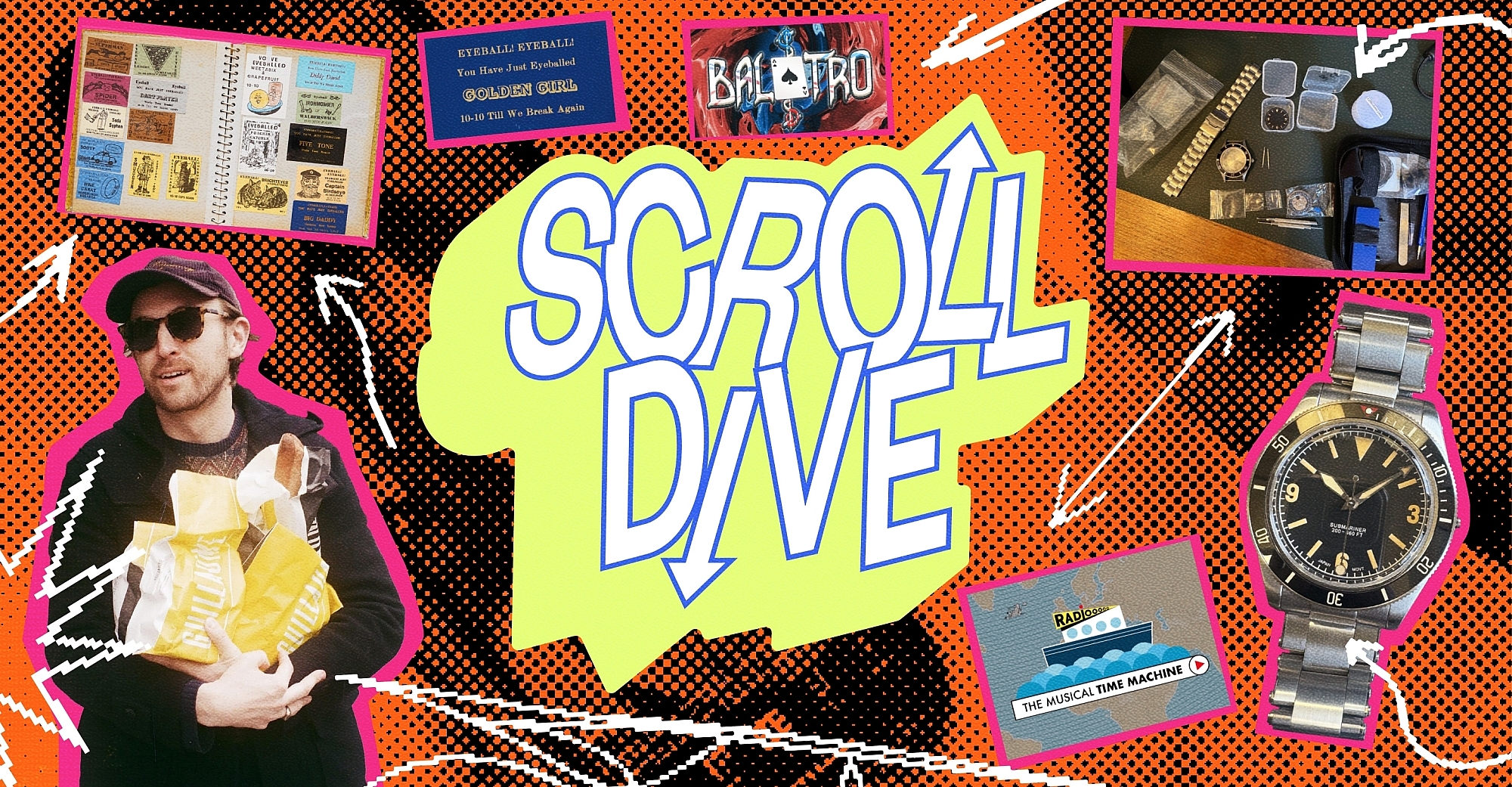The Future of Fame Is Engaging Fans Through Curation

- Text Elise Bang
Curators are traditionally people in charge of arranging collections in museums and art galleries. But today, you likely hear the word used in a different way—a curated playlist, a curated capsule wardrobe, a curated seasonal menu. With our fleeting attention spans spread increasingly thin across the next TikTok fashion trend, what to watch on streaming services, and the latest PRelationship, we need help to focus our energy. Enter: the curator.
Today’s curators are people we look up to for their taste and the lifestyle they create. They are celebrities and influencers. And as fans, we emulate their lifestyle as we aspire to be more like them. Sometimes unknowingly, we instill so much trust, we create a parasocial relationship. But our increased reliance on these curators to tell us what to purchase and what to watch indicates more than a desire to solve our attention overload.
“To possess a singular talent or a large social following doesn’t cut it anymore. To be famous, you must sell an entire lifestyle.”
Curators are responding to our needs to define ourselves. There is an emerging desire for individualization, but in the quest to be different, we end up as facsimiles of one another. This creates communities of niche interests. With the rise of these niche communities, the skill and specificity of the curator becomes even more revered and their impact is amplified. Through the niche-ification of the internet, curators are the ones to do the homework (perusing, reading, researching) for us and become culture guides.
People are becoming more aspirational. They want to look a certain way, are always improving themselves, and constantly buying things to affirm that. Material goods are the signifier of not only what communities we belong to, but our status in society. But these markers of status are not necessarily measured in currency. Successful curators set the precedent for what material goods place you in the “in” group.

For many, the first type of curator that comes to mind is an influencer or a celebrity. But as we become more critical of the authenticity of the internet, we demand candidness and more skill from our curators. Lately, people like artists, stylists, writers, and even podcasters are starting to be seen as curators. Some curators, like Instagram moodboard-ers, remain anonymous to boost their credibility. Their extensive knowledge of a certain topic or particular skill set is what gives them authority.
“Celebrities have had to pivot from relying solely on their fame to maintain relevancy to being more thoughtful and intentional about the things that make up their personal ecosystem.”
To maintain relevance, celebrities have had to pivot from relying solely on their fame to being more thoughtful and intentional about the things that make up their personal ecosystem. Things like cool merch, tasteful album art and being personable on social media are becoming curatorial efforts. The pop singer Dua Lipa is even launching a Goop-like newsletter, Service95, in which she aims to recommend things that have nothing to do with music. Tyler, The Creator has expanded his talents to clothing and fragrance, creating entire visual worlds and experiences to captivate his already insatiable fanbase.

It seems that curation is tantamount to creativity. Having a level of taste is a skill in its own right, and having this skill gives you the power to decide what’s cool. To possess a singular talent or a large social following doesn’t cut it anymore. To be famous, you must sell an entire lifestyle. We don’t just adore the figures we look up to—we want to be like them. Traditional celebrities must adapt to this new environment or risk being surpassed by everyday people who are already skilled curators that can easily (and sneakily) tell us to buy this, eat that, or vacation here.
Will more famous people become curators? Will more people become famous for being curators? The future of fame is curation. But this time, it’s not art that is being arranged and categorized, it’s our attention.



